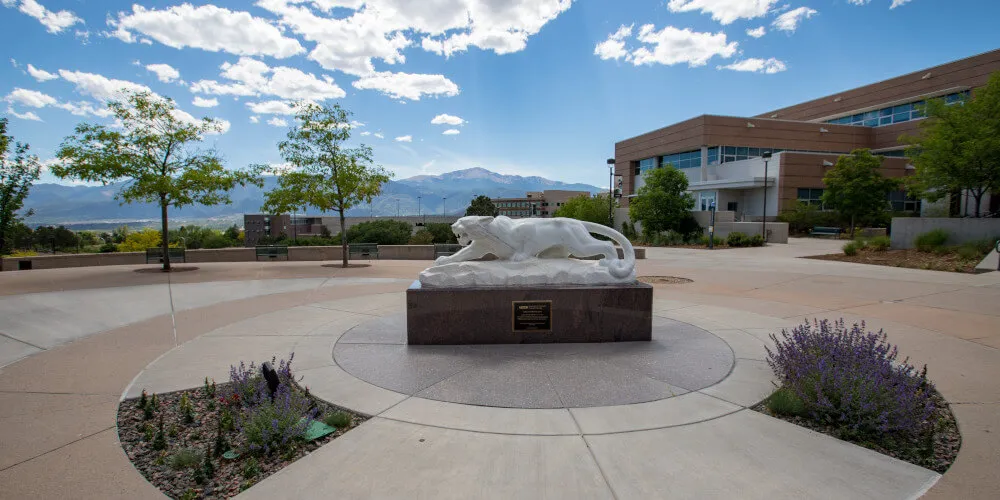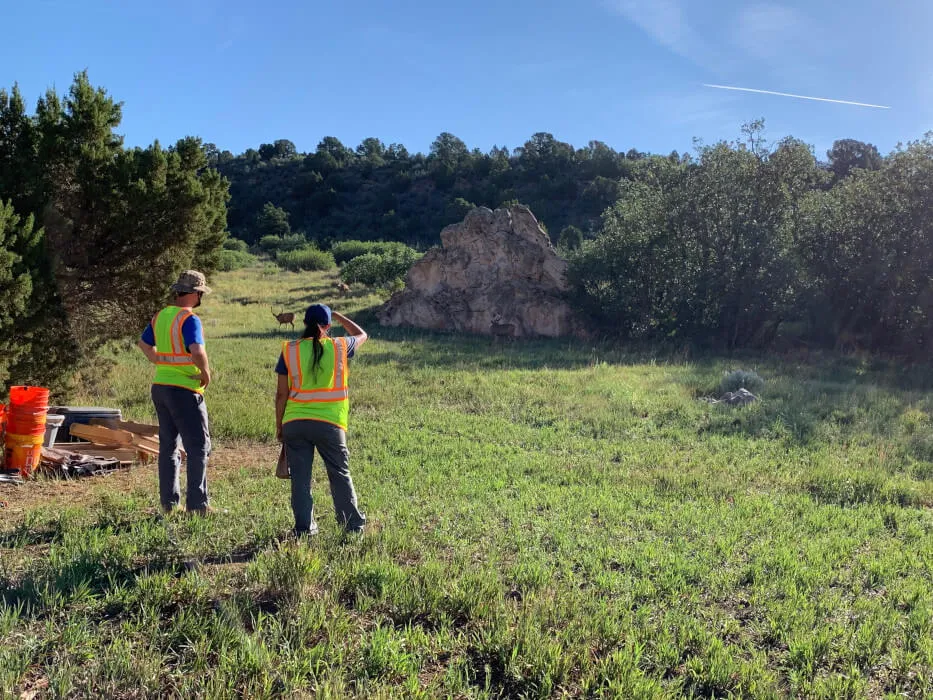
Anthropology: Museum Practice and Heritage Management
About the Program

Do you enjoy studying human histories, cultural meanings, norms, and values? Do you want to preserve and manage historical places and scientific collections? If so, pursuing a Bachelor of Innovation in Anthropology: Museum Practice and Heritage Management may be right for you.
Anthropology: Museum Practice and Heritage Management majors are well prepared and trained to pursue careers in museums or managing archaeological resources and historic places.
What do Anthropology: Museum Practice and Heritage Management B.I. students study?
The Bachelor of Innovation (BI) degree in Museum Practice and Heritage Management combines academic studies and professional training to prepare students for a variety of careers in National Parks and other federal agencies, history and science museums, cultural resource management firms, and historic sites management. The major is composed of an Anthropology and Innovation core along with interdisciplinary classes from across UCCS colleges. The degree is structured to provide a depth of understanding about museum studies and heritage management through history, archaeology, business, and entrepreneurship.
Sample Courses
The prehistory of North America, emphasizing the peopling of the new world, earliest American cultures, and later regional developments. Prer., ANTH 1020 or consent of instructor.
A practicum course wherein students will work as part of a professional archaeological project and gain practical experience in archaeological field methods such as mapping, excavating, recording, survey, records and archives, field lab management, professional networking, and public consultation. Prer., ANTH 1020 and consent of instructor.
Provides hands-on experience cataloging and analyzing materials from archaeological sites. Topics will include analysis, computer applications, materials conservation, and artifact illustration, and also the methodological decision-making that affects how we describe, analyze, and interpret data. Prer., ANTH 1020 or consent of instructor.
Introduces general principles of planning, development, production, and evaluation of museum and gallery exhibits. Students will have the opportunity to do exhibit mockups and exhibit evaluation. The team approach is emphasized. Prer., MSGP 2000 or consent of instructor.
Explores the history of the museum enterprise vis-a-vis Native Americans: development of museum collections; poetics and politics of representation; the Native American Graves Protection and Repatriation Act (NAGPRA); and the reinterpretation of museology from indigenous perspectives, looking especially at the National Museum of the American Indian. Prer., Junior or Senior standing. Meets with WEST 4100.
Covers theory of organizations and how it applies to museums, application of small business management and nonprofit organization to museums, marketing and development, and grant-writing and funding strategies.